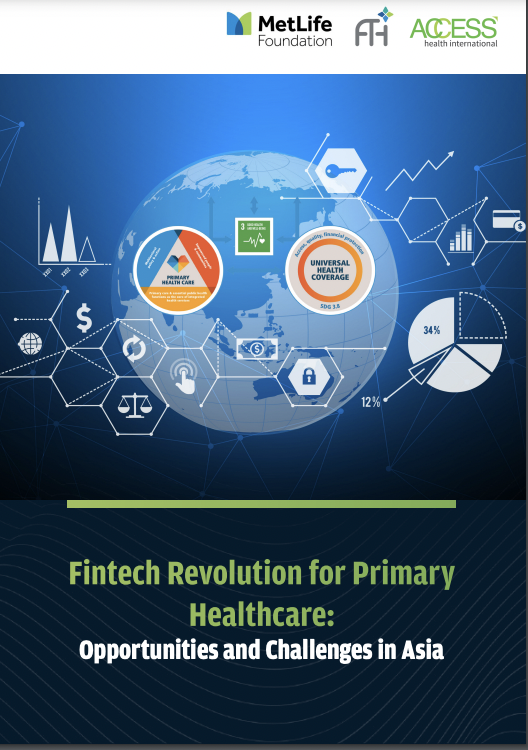Robust primary healthcare forms the cornerstone of achieving universal health coverage and other health-related Sustainable Development Goal (SDG) targets. There is significant evidence that primary healthcare (PHC) leads to health system efficiency, health equity, and improved population health outcomes. Despite 40 years of commitment to primary healthcare (PHC) and equitable healthcare, many are still left behind.
Low and middle-income people in Asia have limited access to health coverage and PHC. Rural areas in Asia lack access to PHC services in remote regions. In contrast, urban areas suffer from a multiplicity of service providers and a lack of a tiered public health system. This leads to dependency on private tertiary facilities for 60-80% of the population in Southeast Asia (SEA) for outpatient visits, resulting in high out-of-pocket expenditure (OOPE).1 With 40% of health expenditure in the SEA as OOPE, the populations are exposed to unaffordability to health services due to poverty and financial vulnerability.
Fintech for Health is a powerful approach to innovative health financing, with the aim to reduce patients’ vulnerability to healthcare expenses and improve access to healthcare. Fintech would be instrumental in supporting PHC in delivering healthcare services to low and middle-income people, through improved foundations for universal health coverage, better community outreach and frontline service delivery, integration of health services, and overall strengthening healthcare systems in countries.
This report provides the background and required guidance for the application of fintech in primary healthcare for health systems in the five selected countries – India, Sri Lanka, Bangladesh, Vietnam, and Indonesia – and beyond. The report has been developed for governments, regulators, health providers, fintech and health tech companies, development partners, and investors.


